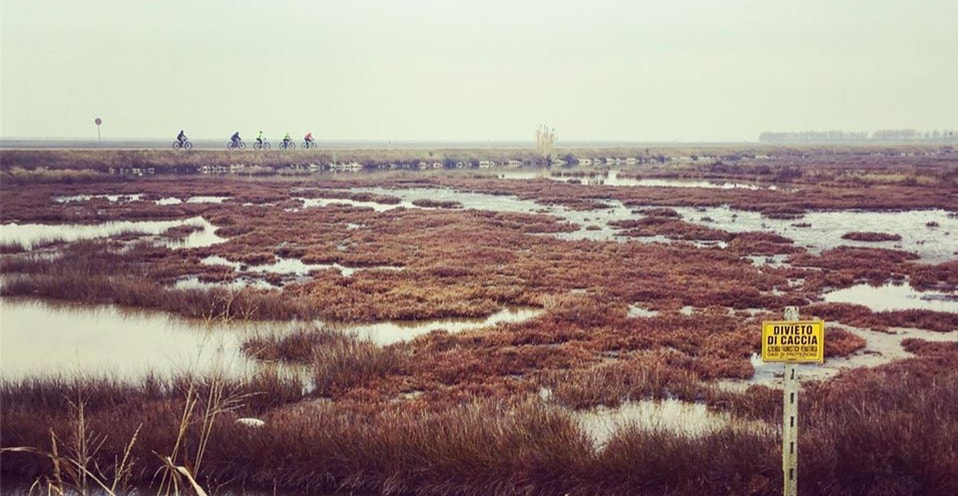 Tomorrow is world wetlands day (marking the date of the adoption of the Convention on Wetlands on 2 February 1971 in the Iranian city of Ramsar on the shores of the Caspian Sea) and for the occasion I decided to dedicate this week's post to the wonderful world that lies between the sea and the land - those transitional ecosystems that are partly exposed to water and partly exposed to air.. Well, wetlands are an even more particular version of a ‘transitional ecosystem’ Ramsar defines wetlands very broadly as ‘ areas of marsh, fen, peatland or water, whether natural or artificial, permanent or temporary, with water that is static or flowing, fresh, brackish or salt, including areas of marine water the depth of which at low tide does not exceed six metres.’ Now, these areas are recognised as some of the most productive but also some of the most imperilled habitats on Earth. Saltmarshes and mangroves forests, two great examples of wetlands, are living at the interface between land and sea, acting as a two way buffer zone. On one hand they play a role in buffering land pollution and inputs before it reaches the sea (think of all of the agricultural overflows of nutrients and pesticides), acting as a sponge, and on the other protecting the same land from the violence of the sea, attenuating waves and acting as a barrier. You can see why they are habitats most at risk. But you can already see also how valuable these systems are... Wave attenuation and nutrients assimilation are not the only two ecosystem services that these habitats perform. I have already introduced the concepts of ecosystem services and natural capital before, so I will take you directly into details of wetlands specific services. The Ramsar infographics show you well all of the services provided, from forming a rich and diverse habitat that hosts a great diversity of species (like overwintering birds), which allows food production and acts as a buffer zone removing pollutants and CO2, to being areas of natural beauty, which we have seen can be great not just for sporty recreational activity, but also for general wellbeing and mental health.
Carbon storage is a very important role and one I would like to explain in more detail here. Yes, because wetlands are by far the most efficient habitat to perform this function . Carbon is accumulated in the tissue of plants through photosynthetic activity and then when the plant dies, or pieces are shredded it gets buried in the soil.. and wetlands plants have a faster turn around compared to many terrestrial trees, sequestering more carbon in the soils below. This also allows the soil to raise, thus counteracting subsidence and help against sea level rise... The loss of these habitats can therefore make the situation worse for climate change. Why !? Because the plants are keeping the carbon rich soil together, whereas, without such plants, the carbon would be released back in the water and disperesed. This means that the water will no more need to ‘suck co2 from the atmosphere’ to obtain the carbon necessary for processes. A bit like if your fridge is already full you don’t need to go shopping. I am oversimplifying the process but I hope to have gotten some points across... wetlands are important ! And more, they can be great allies in our fights against climate change and can play some great role in coastal protection while storms are increasing in frequencies.. Did you know they also so full of diversity and can also support a wide array of pollinators ? You can even get saltmarsh honey! If you are around the coast, enjoy a day out tomorrow to go and explore some wetlands wonders, you might just be surprised!
3 Comments
2/2/2020 08:12:35 pm
Wetlands are sooo important for so many reasons. They are massive filtering systems and important for flood control. Sadly, I didn't know it was Wetland Day yesterday. I will share it to Facebook even though it's late!
Reply
Leave a Reply. |
Disclaimer: some posts may contain affiliate links. At no extra costs to you, buying through the link will help me in this blogging journey!
Archives
January 2023
Categories
All
|
Photos used under Creative Commons from doustpauline of > \whatwhenwhere/ <all behind., R'lyeh Imaging, Casey Hugelfink, Eric Tessmer, Honolulu Hawaii, marcoverch, shixart1985, Pascal Volk, ericcooper3, shixart1985, Rennett Stowe, romanboed, Free Public Domain Illustrations by rawpixel, Double--M, shixart1985, Ewan-M, focusonmore.com, Bennilover, dsgetch
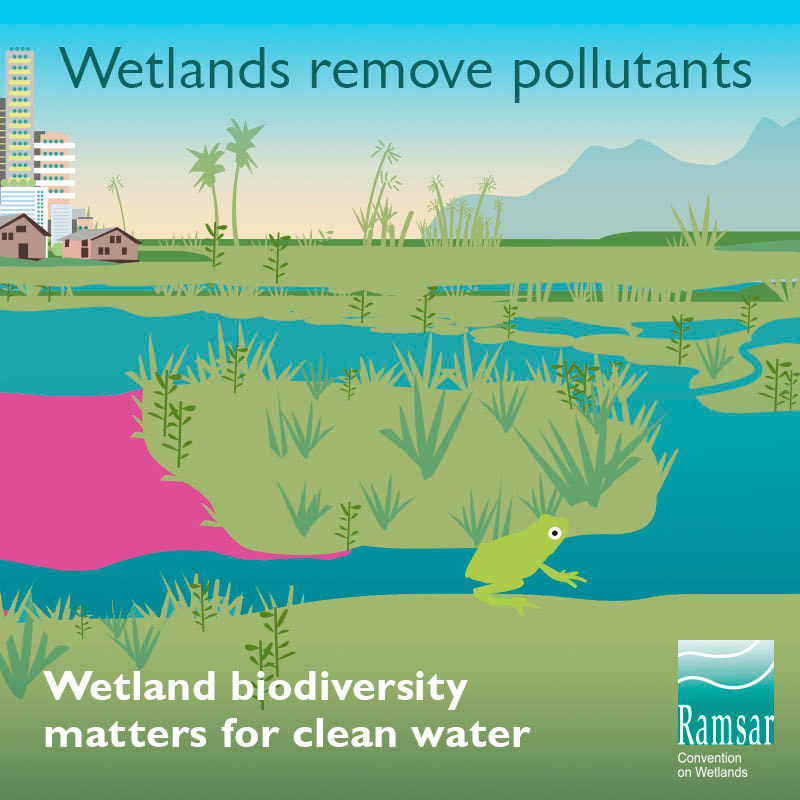
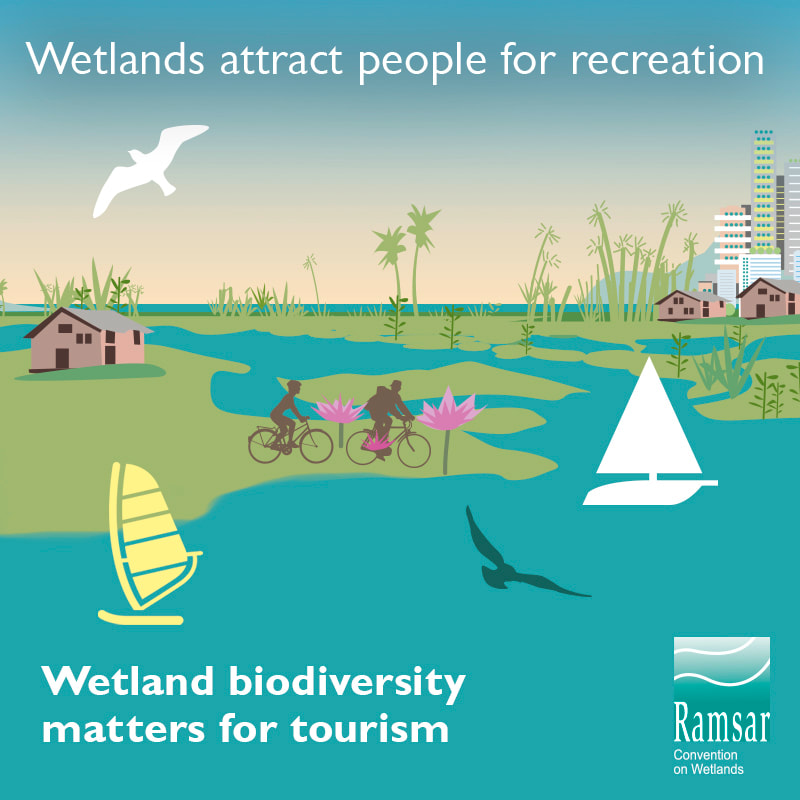
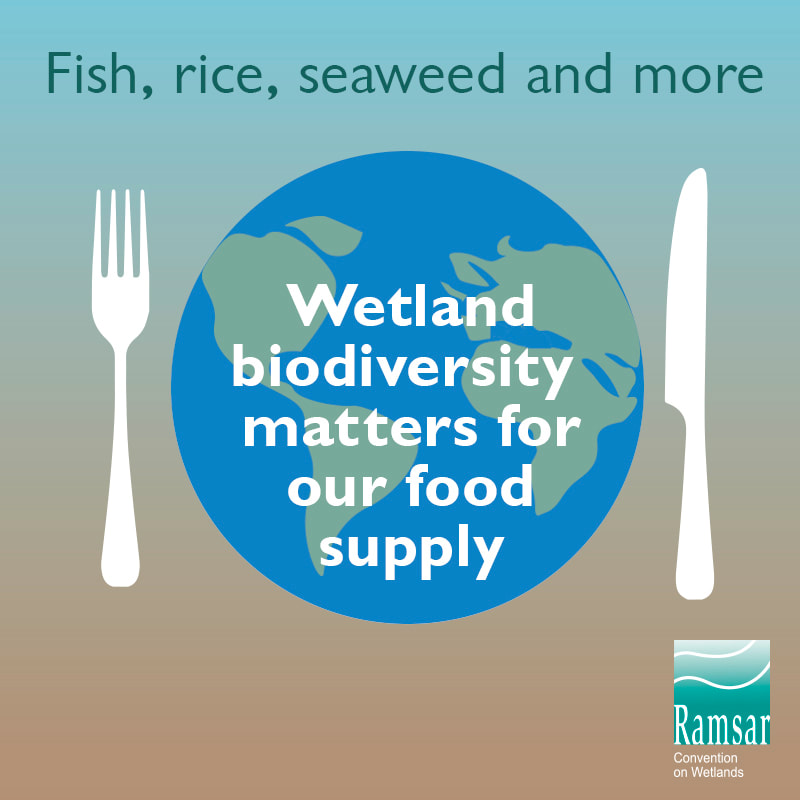
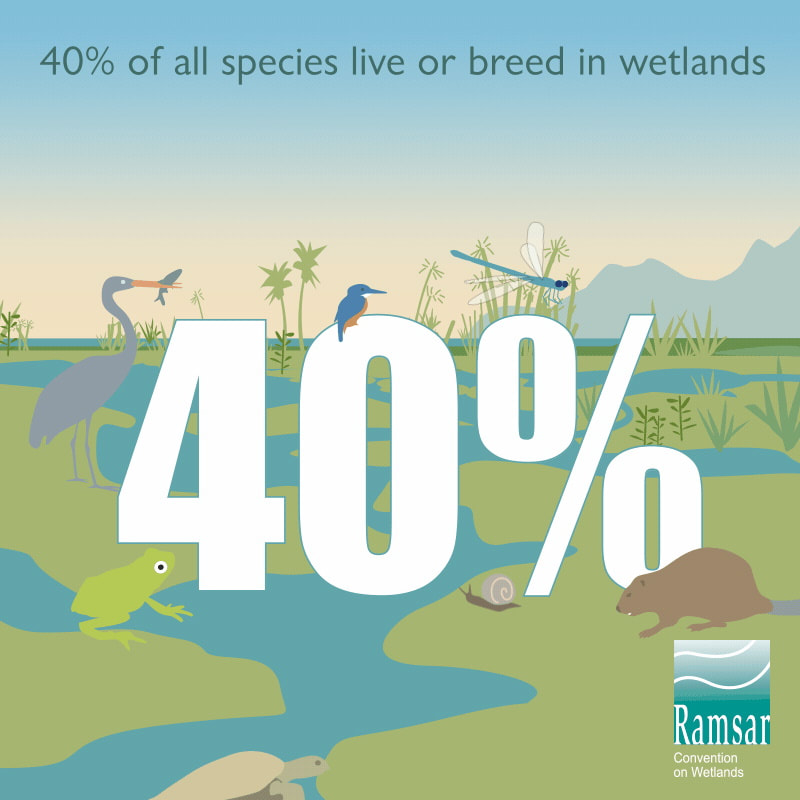
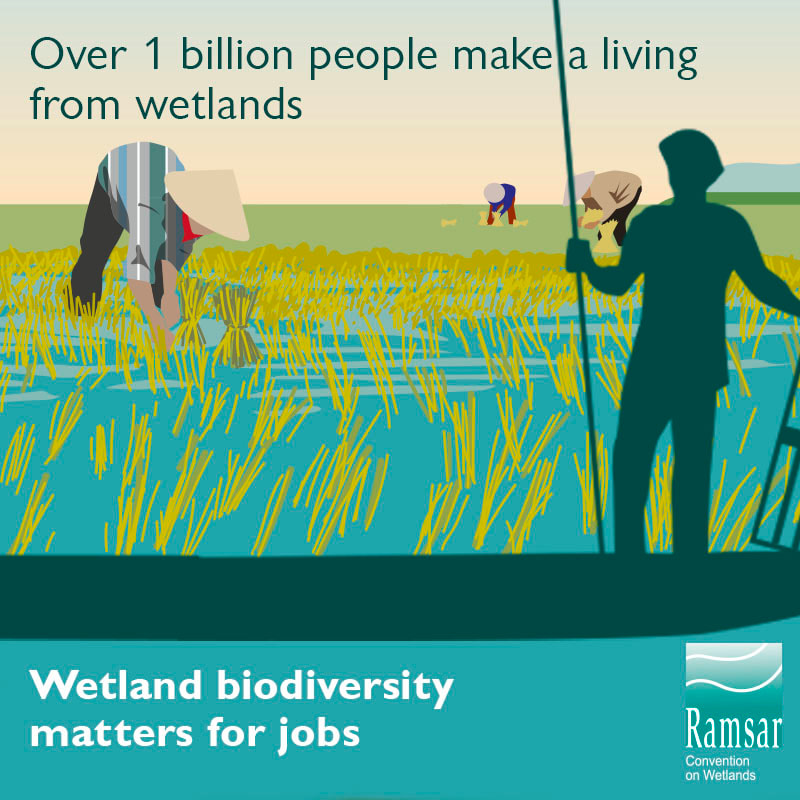

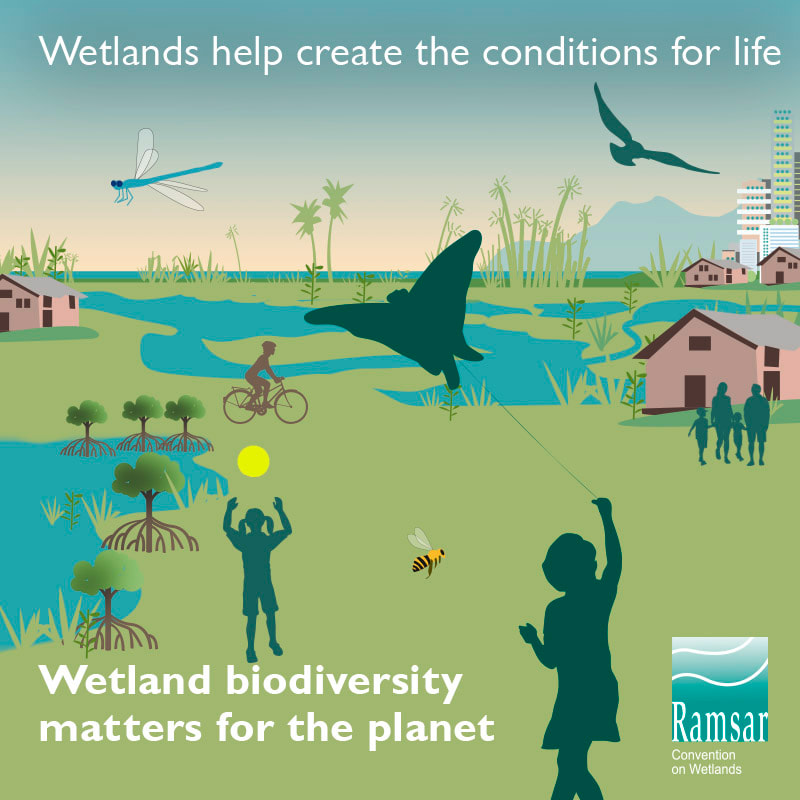
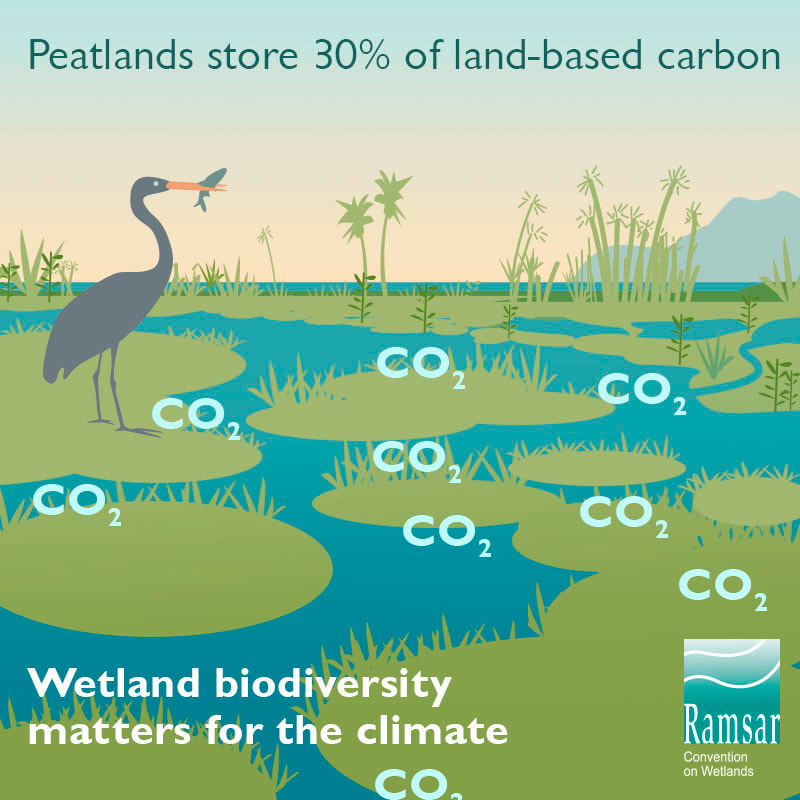
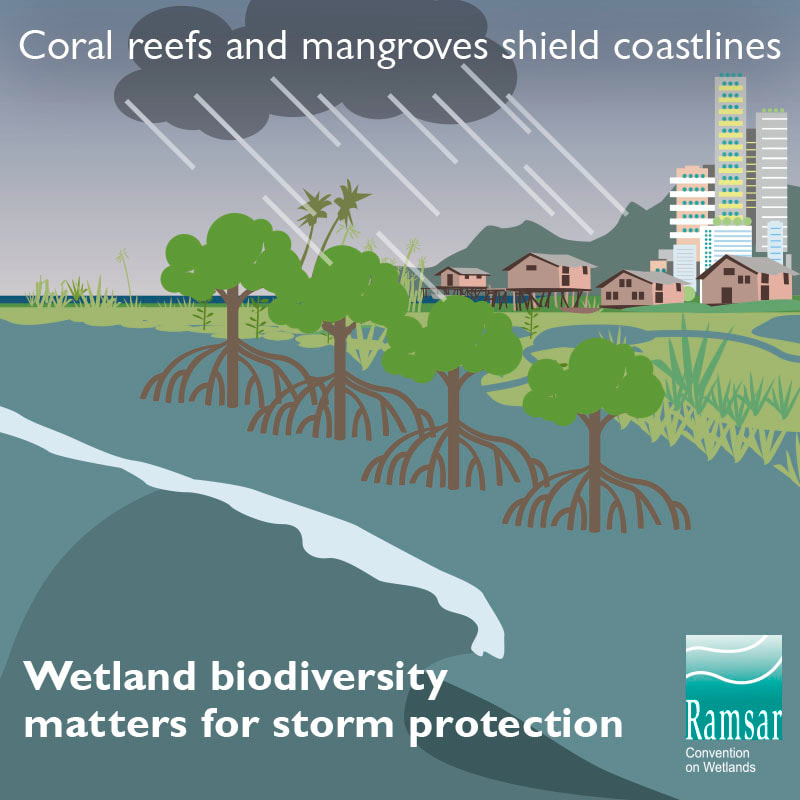
 RSS Feed
RSS Feed
